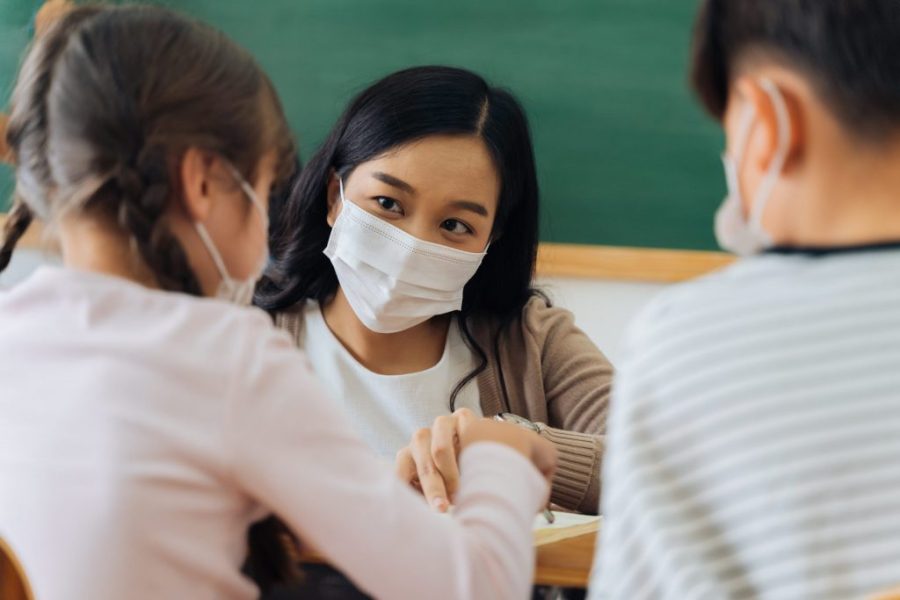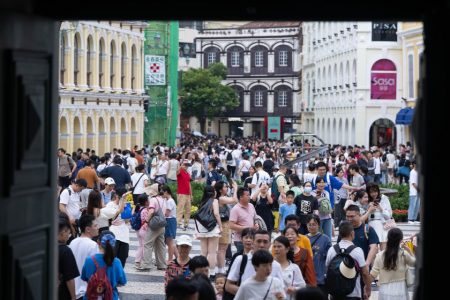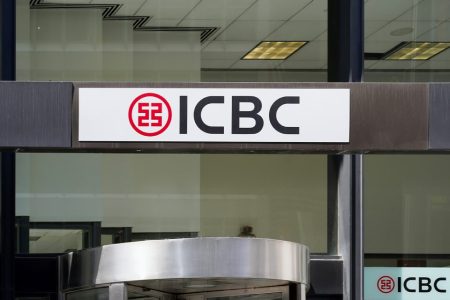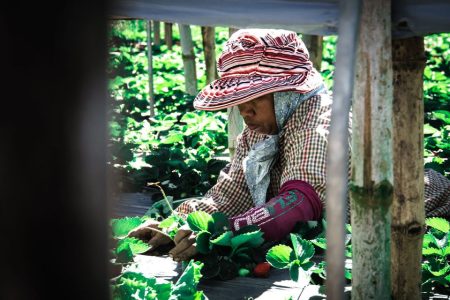Macao is making special efforts to promote the English language, which although not one of the city’s official languages has long been its lingua franca.
Secretary for Social Affairs and Culture Elise Ao Ieong U said on Friday that the government will continue to strengthen the application of English in different fields, striving to cultivate English-language talents to help Macao become a world tourism and leisure centre while also promoting the appropriate diversification of Macao’s economy through the English language.
Ao Ieong made the remarks when replying to a question by lawmaker Wang Sai Man during a plenary session in the legislature’s hemicycle.
Wang asked about strengthening Macao’s “internationalisation” strategy, namely whether the government was considering promoting English in different areas, such as the tourism and business sectors. He also asked about the government’s plans to cultivate English-language talents in Macao.
Ao Ieong noted that in non-tertiary education, the government has promoted schools to enhance students’ English-language skills through curriculum reform, adding that in the 2021/2022 Academic Year, all formal education schools offered English courses or related educational activities, while 15 of the schools used English as their language of instruction, with a total of 13,400 students, accounting for around 15 per cent of the students in formal education. Due to the development needs of civil society, more schools with an international curriculum and English as one of the teaching languages will be launched in the future, Ao Ieong added.
According to Ao Ieong, in terms of tertiary education, at present, nearly 40 per cent of students from Macao, accounting for more than 10,000 students, are pursuing their studies in English-speaking countries or regions or in local higher education institutions that have English as their main teaching language, or are attending higher education courses that include teaching in English in Macao or elsewhere, thereby acquiring different levels of academic qualification.
Ao Ieong also said that in order to continue to cultivate local English-language talents, the University of Macau, Macao Institute for Tourism Studies and the University of Saint Joseph use English as their main language of instruction and continue to cultivate talents with good English ability in various professional fields.
Meanwhile, several lawmakers raised concerns about the lack of using English in areas such as road signs and cultural heritage site names.
Ao Ieong said that in many countries and regions where English is not an official language, road signs may not include English, adding that pinyin could basically solve the problem.
However, Ao Ieong underlined that the signing for Macao’s UNESCO World Heritage Sites comprises Chinese, English, Portuguese and Japanese.
Ao Ieong also pointed out that Chinese and Portuguese are Macao’s official languages, The Macau Post Daily reported.






